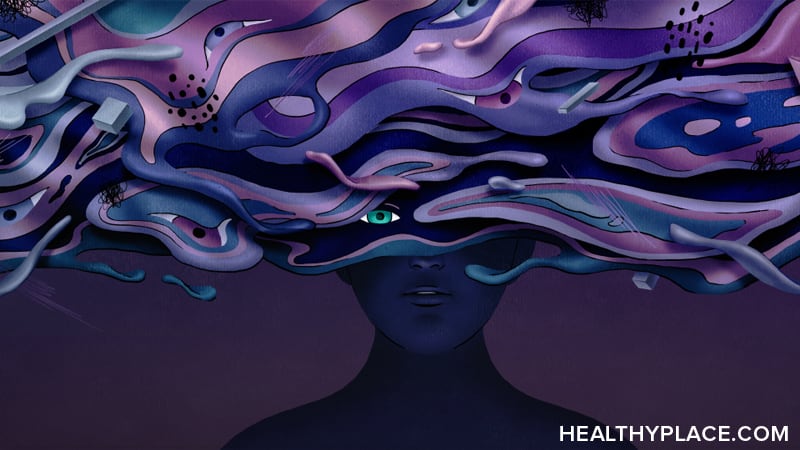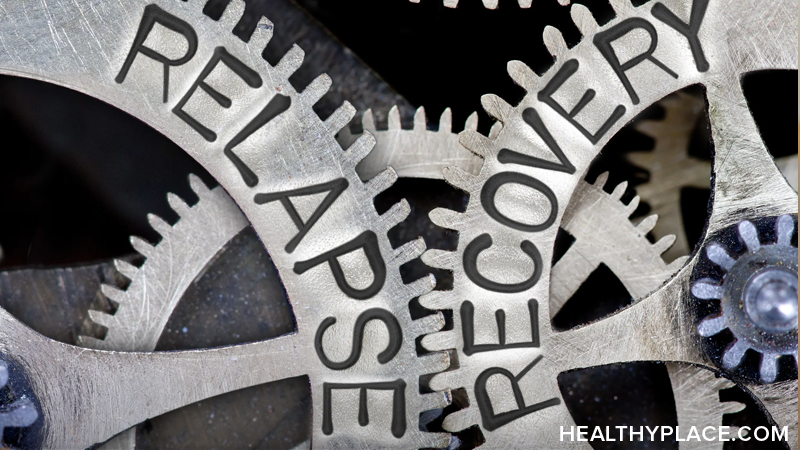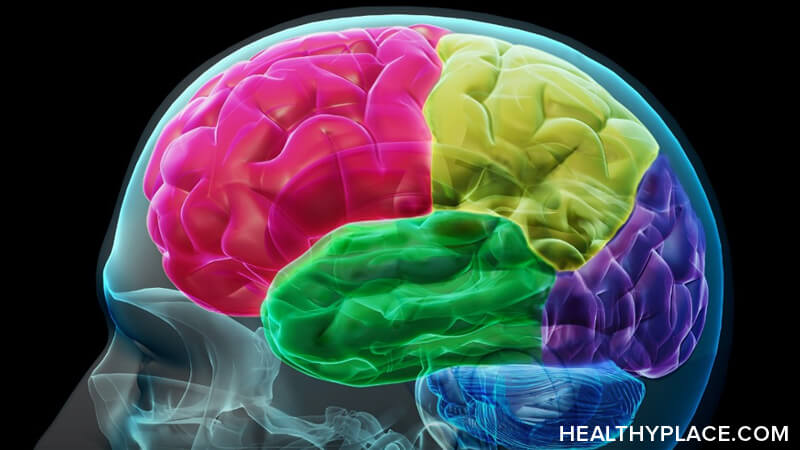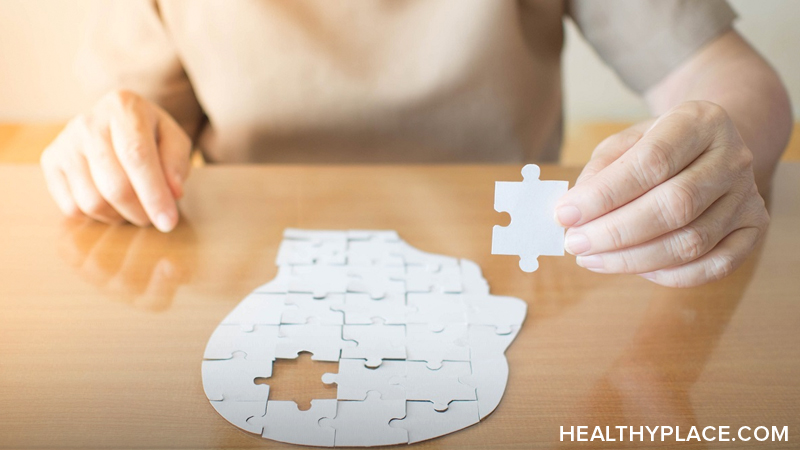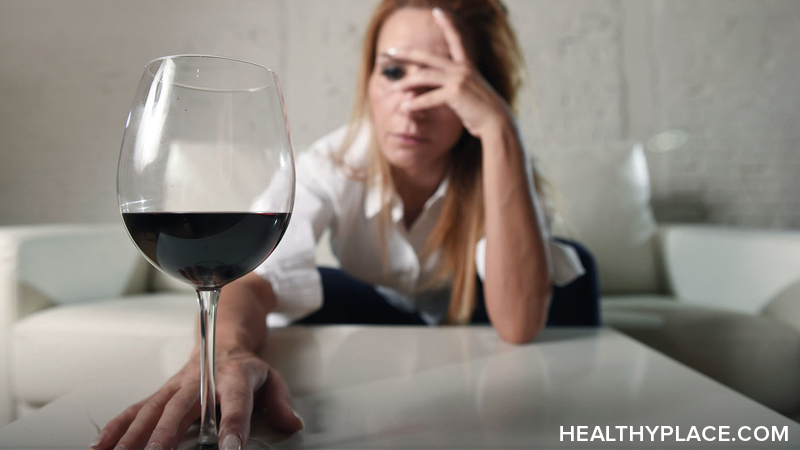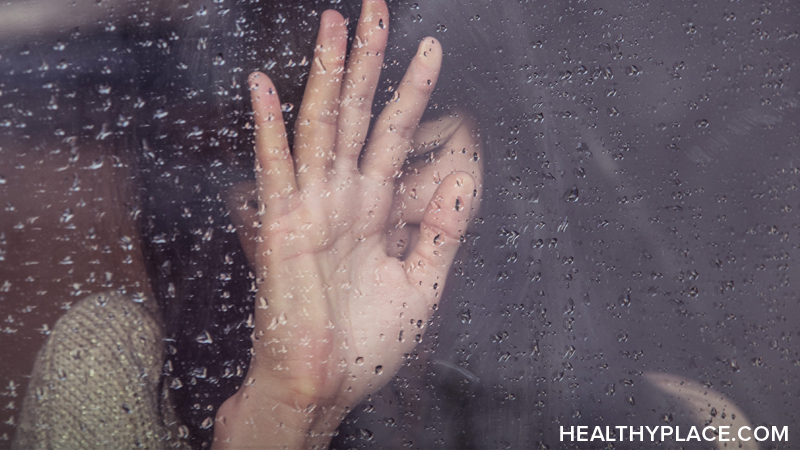Depression and Memory Loss: Causes, Effects, Treatment
There are several areas where people with depression experience cognitive deficits but one of the most prolific is depression and memory impairment. People with depression often complain of short-term, and even long-term, memory loss. This might mean that they forget the information they have just read, forget directions they have just been given or forget things they have just been told. Depression and memory impairment can affect a person's everyday life, including their performance at work and their relationships at home.
Causes of Memory Loss in Depression
No one knows exactly why depression appears to cause memory loss, but several theories have surfaced. In previous decades, it was thought that people with depression experienced memory impairment due to age, psychosis or because they weren't motivated to remember (as it is known that depression also causes a lack of motivation). However, these theories have now been mostly abandoned due to greater understanding of the brain and the specificity of the cognitive deficits present in depression.
It is now understood that the disease of depression actually causes the memory impairment. With more modern study, it has been found that some of the parts of the brain associated with memory are physically impaired in depression. It is also known that parts of the brain shrink in those with depression and this likely leads to cognitive impairment, producing problems with memory recall.
Impairments in concentration and sustained attention (also common in depression) likely also influence memory deficits.
It's also important to realize that some medications used to treat depression may also have memory impairment as a side effect. Additionally, drug and alcohol abuse can cause or worsen memory recall.
Depression and Memory Loss Effects
Depression and memory impairment can affect people in many ways. For example, an individual may:
- Forget a specific word he or she wants to use (aphasia)
- Forget the content of a conversation from yesterday
- Forget what happened in a book recently read
- Have trouble with "working memory" (when a number of things need to be held in memory at one time)
- Not be able to remember specifics about their own autobiographical history
Typically, routines are not forgotten nor are skills but verbal memory may be particularly affected by depression.
Memory impairments are seen across age groups but tend to be worse in the elderly. Depression and memory loss in seniors can sometimes be missed by doctors because memory loss is a symptom of aging and dementia as well.
Depression and Memory Loss Treatment
There is no specific treatment for memory loss in depression but three approaches are standard in the treatment of cognitive deficits common to several mental illnesses:
- Drills and exercises (remediation techniques) – an example of this would be a computer program designed to exercise and improve memory.
- Learning different ways to remember things (compensatory techniques) – such as the use of mnemonic devices.
- Changes in the environment (adaptive approaches) – an example would be a memory aid, such as a recorder onto which one can dictate items to be remembered later.
APA Reference
Tracy, N.
(2021, December 30). Depression and Memory Loss: Causes, Effects, Treatment, HealthyPlace. Retrieved
on 2025, October 27 from https://www.healthyplace.com/depression/symptoms/depression-and-memory-loss-causes-effects-treatment



